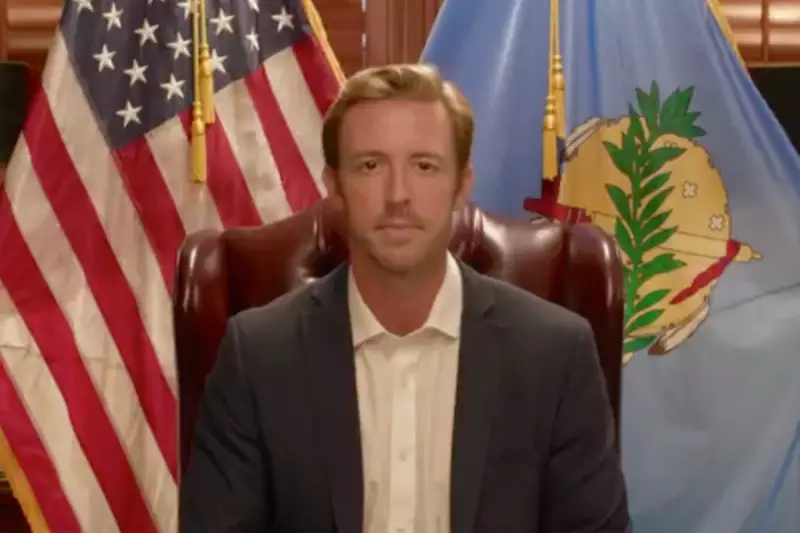
Oklahoma's State Superintendent of Public Instruction, Ryan Walters, is facing intense scrutiny over his deepening connections with the conservative activist group Turning Point USA, prompting concerns about the politicisation of the state's education system.
A Partnership Under the Microscope
The controversy centres on Walters' appearance at a recent Turning Point USA conference where he appeared alongside the organisation's founder, Charlie Kirk. Critics argue this very public alliance demonstrates an inappropriate merging of political activism with educational leadership.
Walters, a Republican elected to oversee Oklahoma's schools, has been a vocal supporter of Turning Point's initiatives. His policies, particularly those targeting what he terms "woke ideology" in classrooms, closely mirror the group's national agenda.
Mounting Criticism from Educators and Watchdogs
Education professionals and political opponents have expressed alarm. They contend that Walters' allegiance to an external political organisation compromises his ability to serve all Oklahoma students impartially.
Key concerns raised include:
- The potential for Turning Point's political objectives to directly influence state curriculum decisions.
- Whether Walters' role as a superintendent is conflicting with his position as a prominent conservative speaker.
- The impact of such polarising partnerships on teacher morale and classroom environments.
National Implications for Education Policy
This situation in Oklahoma is being watched closely as a bellwether for similar movements across the United States. The debate highlights a growing national tension between traditional educational standards and politically-driven reform efforts.
Walters has vigorously defended his associations, framing them as part of a necessary pushback against what he describes as progressive indoctrination in schools. He maintains that his partnership with groups like Turning Point USA is essential to restoring what he calls "patriotic education."
As the debate intensifies, the core question remains: where should the line be drawn between political belief and educational governance? The outcome in Oklahoma may well set a precedent for other states grappling with similar issues.






